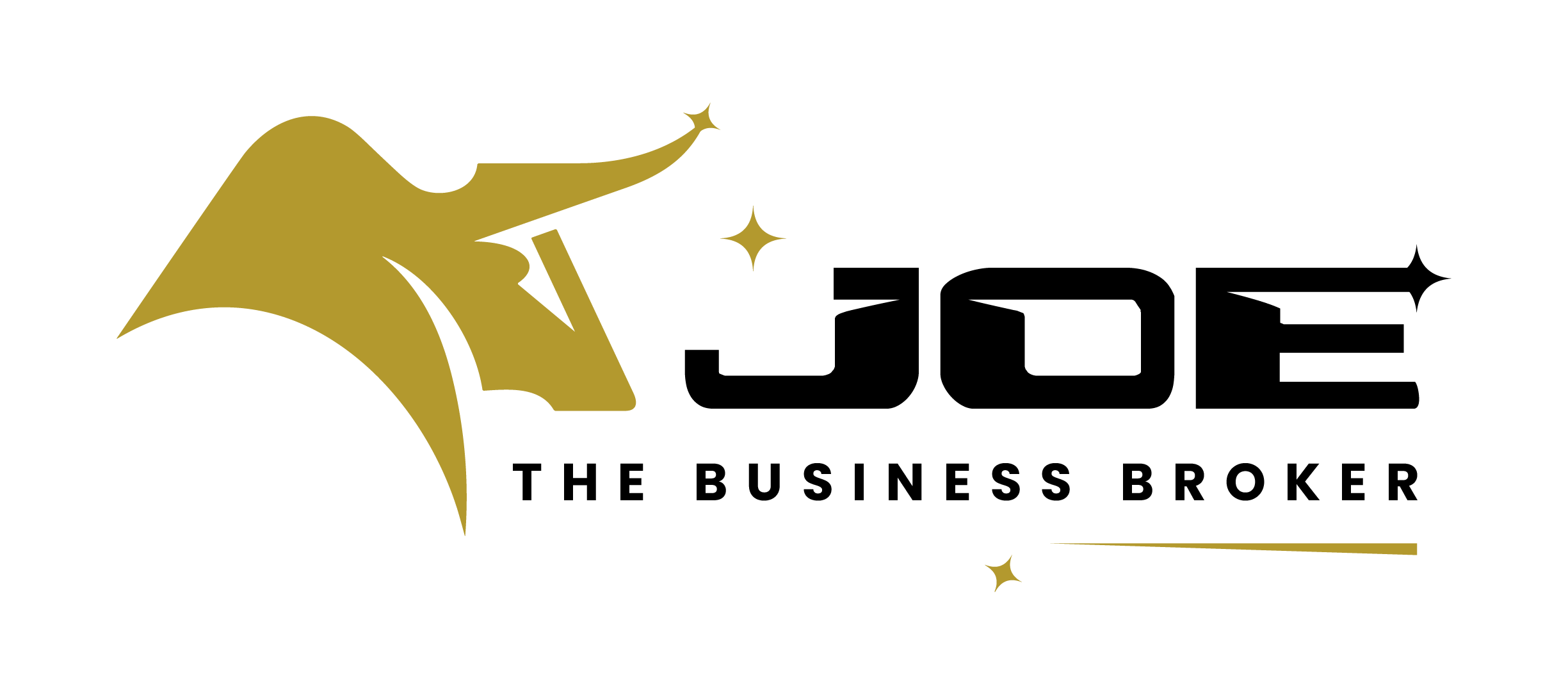In a perfect world, every business sale would warrant a premium price. Yet, the reality presents a different narrative where numerous unseen hurdles lurk, potentially derailing transactions or lowering the valuation of the deal. The discourse here unfolds ten common missteps, urging business intermediaries to equip their clients with a realistic outlook, thus fostering a smooth sale transition.
Aiming Too High: The Pricing Conundrum
Setting the right price is the cornerstone of a business sale. Emotional ties or novice intermediaries can lead to an inflated price tag, deterring savvy buyers and muddling the sale. A mispriced venture not only spends more time on the market but also risks damaging its market reputation.
Misguided Deal Structures
A well-thought-out deal structure that contemplates asset allocation and tax repercussions is crucial. Ignoring the net proceeds by merely focusing on the sale price is a misstep. Engaging a tax expert early on can unveil ways to maximize the seller’s economic gain.
Assembling a Skilled Advisory Team
A proficient advisory team can shepherd a sale from valuation to closing. The blend of an experienced mergers and acquisitions intermediary, a legal expert specializing in transactions, and a savvy CPA can mitigate deal-breakers, driving a successful sale.
Revenue and Profit Dips
Consistent growth attracts buyers. A business displaying erratic or declining financials may repel potential buyers and funding sources. Sellers need to elucidate any financial downtrends, offering a realistic narrative that addresses buyer and lender concerns.
Financial Records: The Mirror of a Business
Detailed, accurate financial statements synced with tax returns are pivotal for valuation and securing financing. A business needs to showcase well-maintained books to instill confidence in buyers and lenders.
Client Concentration Dilemma
A business overly dependent on a few clients carries a higher risk. Diversifying the client base can alleviate buyer apprehensions, aiding in establishing a fair valuation and a viable deal structure.
The Owner-centric Business Model
A business overly reliant on its owner for daily operations could deter buyers. Establishing a managerial cadre and systemized processes can transition the business towards a more independent operational model, enhancing its attractiveness.
Lethargy in Long-term Ownership
Over time, owners may slacken in business engagement, impacting performance. A timely decision to sell while the business is still on an upward trajectory can preserve, if not augment, its valuation.
Industry Headwinds
A bleak industry outlook can mar a business’s sales prospects. Adapting to market shifts and diversifying offerings can showcase a roadmap for future growth, bolstering buyer confidence.
Real Estate Hurdles
The business location and facility type are often underplayed in a sale. Assurances regarding long-term leases or real estate purchase options can simplify the sale process.
In conclusion, sellers often harbor a sentimental value for their ventures, which may cloud their judgment. The role of M&A advisors is to demystify the selling process, aligning expectations with market realities. Early identification and rectification of potential sale impediments can steer the sale towards a mutually beneficial closure, avoiding unwanted surprises in the final stages.




